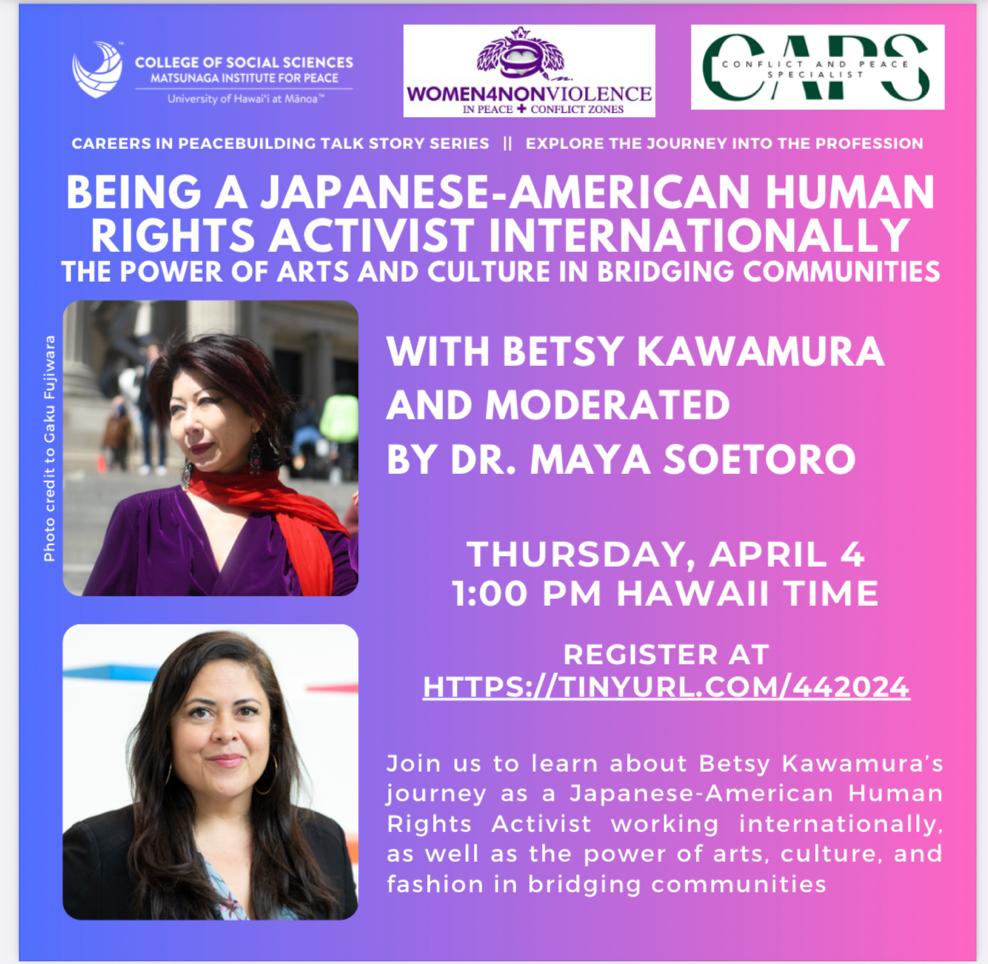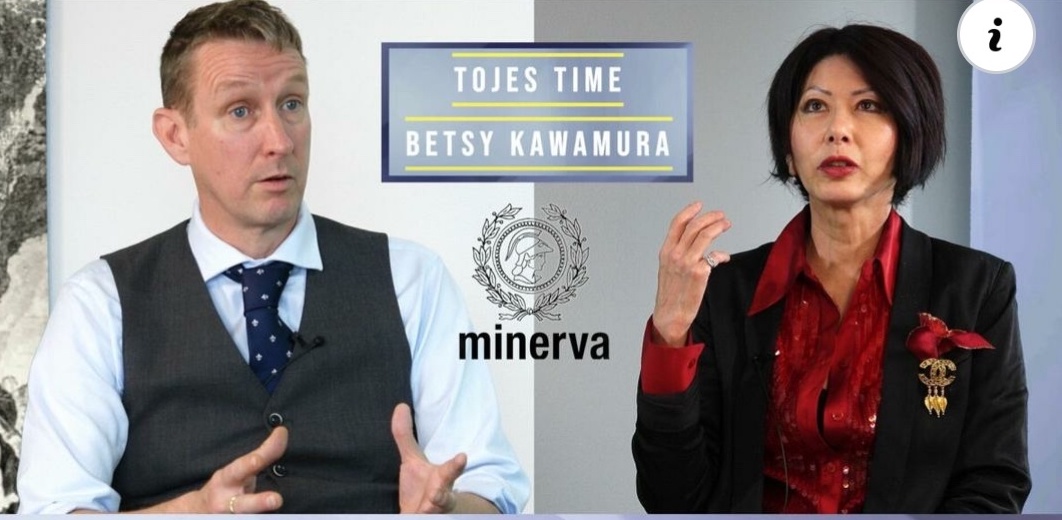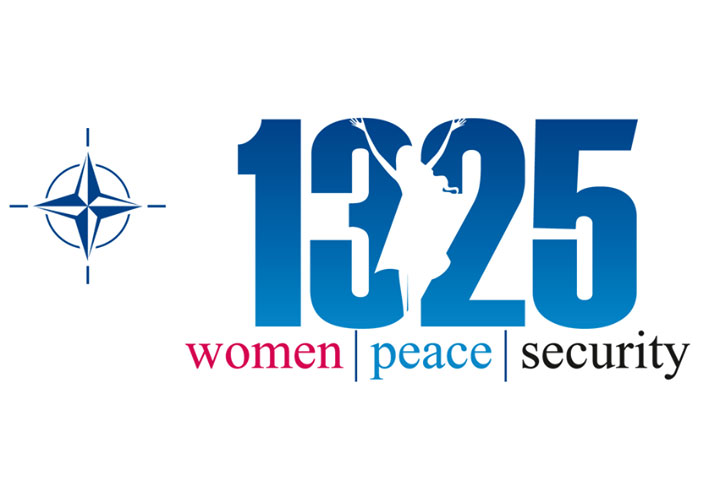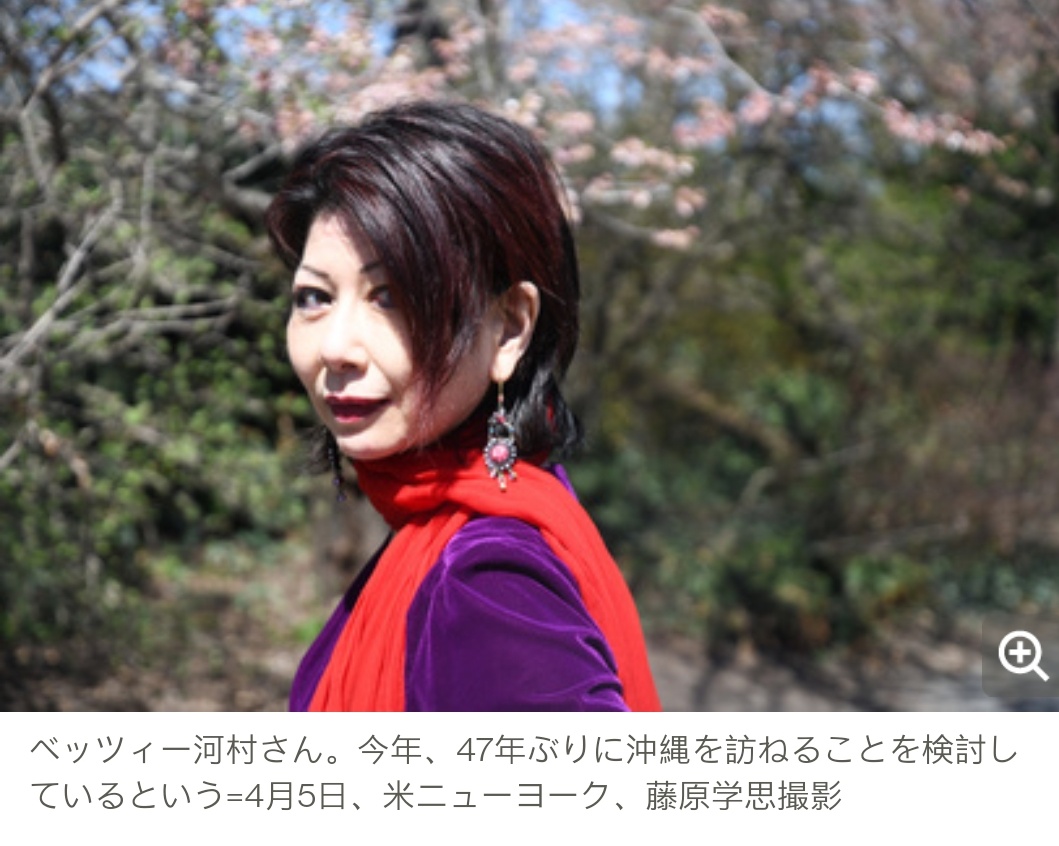History of Nobel Peace Prize
“The said interest shall be divided into five equal parts, which shall be apportioned as follows: one part to the person who shall have done the most or the best work for fraternity between nations, the abolition or reduction of standing armies and for the holding and promotion of peace congresses.” (Excerpt from the will of Alfred Nobel)
Alfred Nobel was interested in social issues. He developed a special engagement in the peace movement. An important factor in Nobel’s interest in peace was his acquaintance with Bertha von Suttner, who became the first woman Nobel Peace Laureate in 1905. Perhaps Alfred's interest in peace was also due to the use of his inventions in warfare and assassination attempts? Peace was the fifth and final prize area that Nobel mentioned in his will.
Henry Dunant, founder of the Red Cross, shared the first Nobel Peace Prize in 1901 with Frédéric Passy, a leading international pacifist of the time. In addition to humanitarian efforts and peace movements, the Nobel Peace Prize has been awarded for work in a wide range of fields including advocacy of human rights, mediation of international conflicts, and arms control.
The Nobel Peace Prize is awarded by a committee of five persons who are chosen by the Norwegian Storting (Parliament of Norway) in Oslo, Norway. The Nobel Peace Center showcases the life-work of the Laureates. At the Nobel Field on the center's second level or “the heart of the Nobel Peace Center”, one may find his/her favourite Peace Prize laureate, or discover laureates he/she never heard about.
Sources:
"The Nobel Peace Prize". Nobelprize.org.
 Ana Elisa Fuentes
Ana Elisa Fuentes Pan-Pan Women in Japan Post WWII - Late 1940's
Pan-Pan Women in Japan Post WWII - Late 1940's








